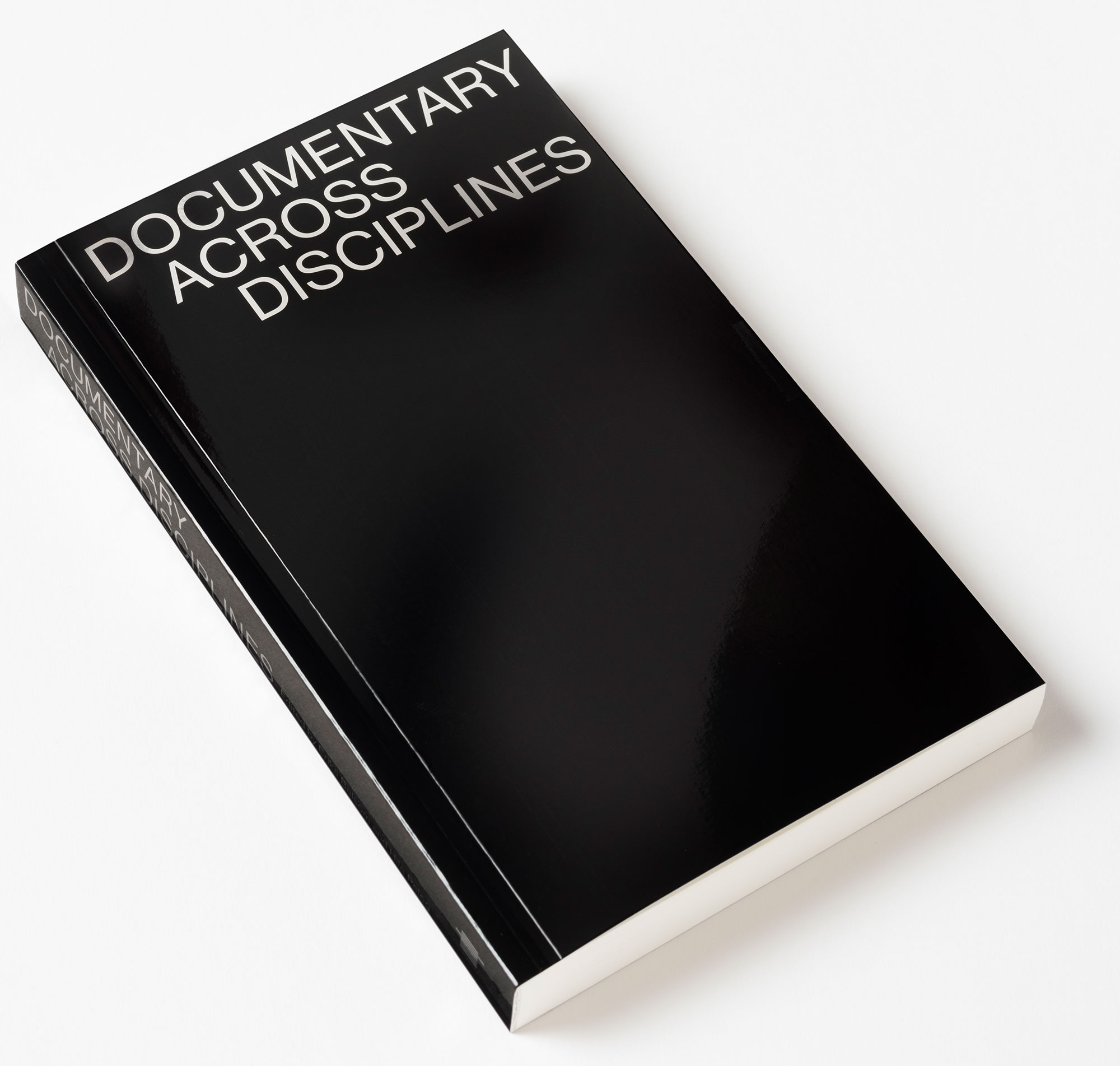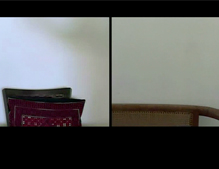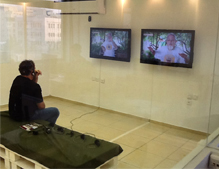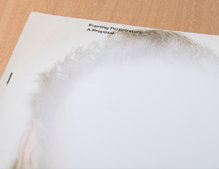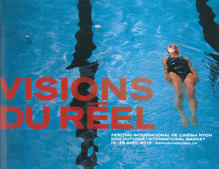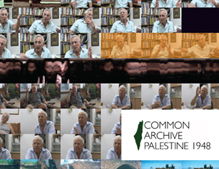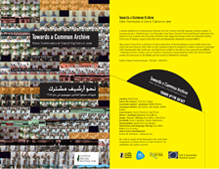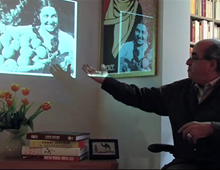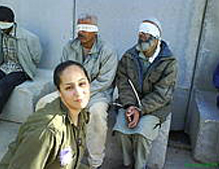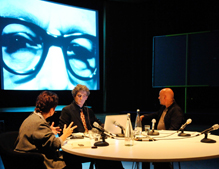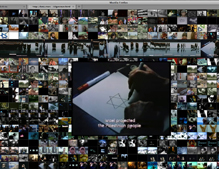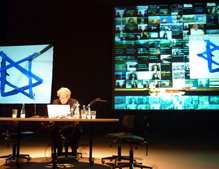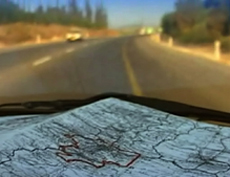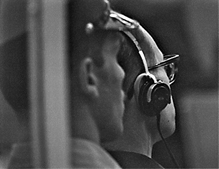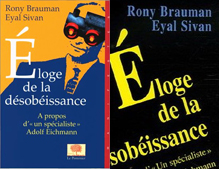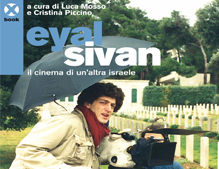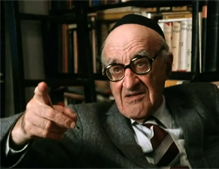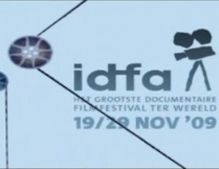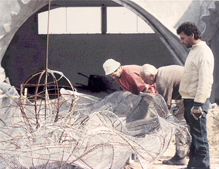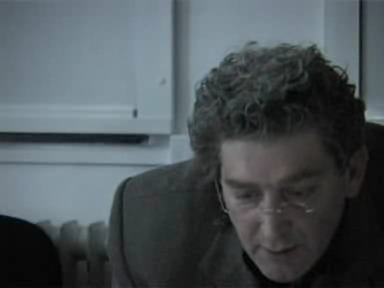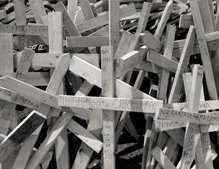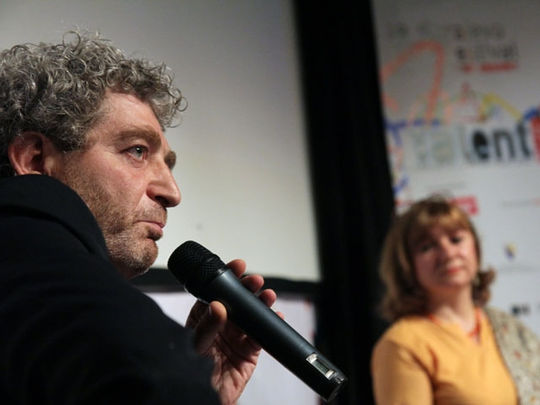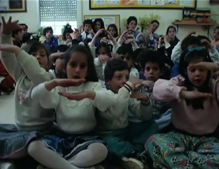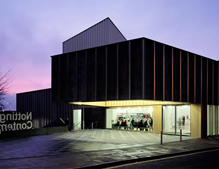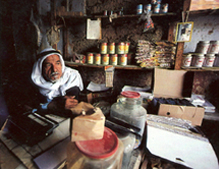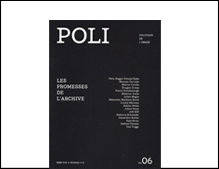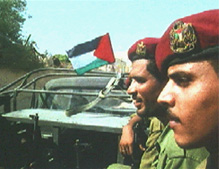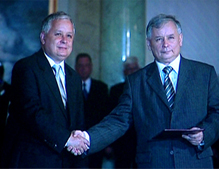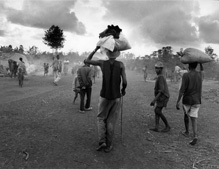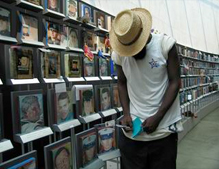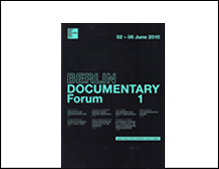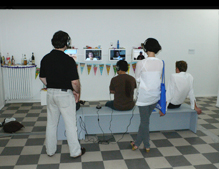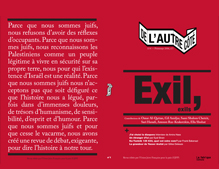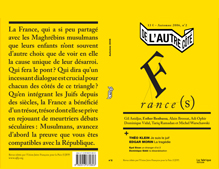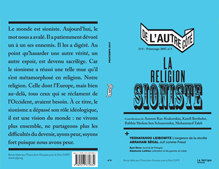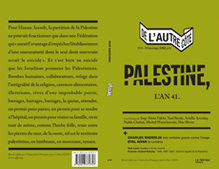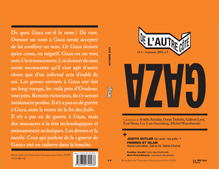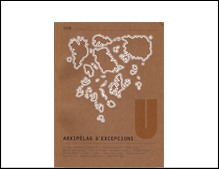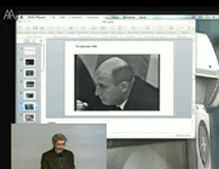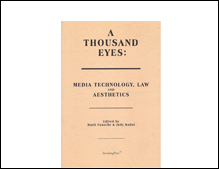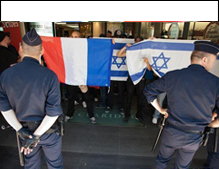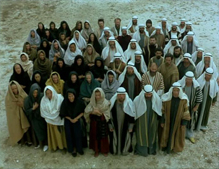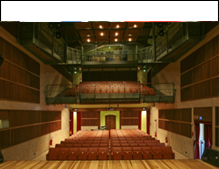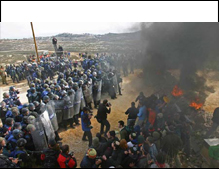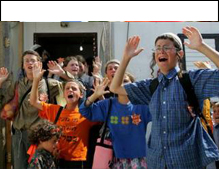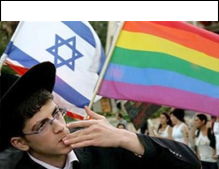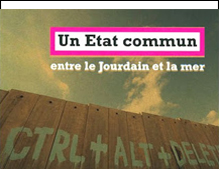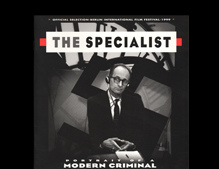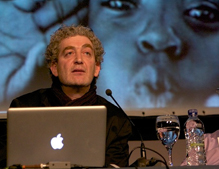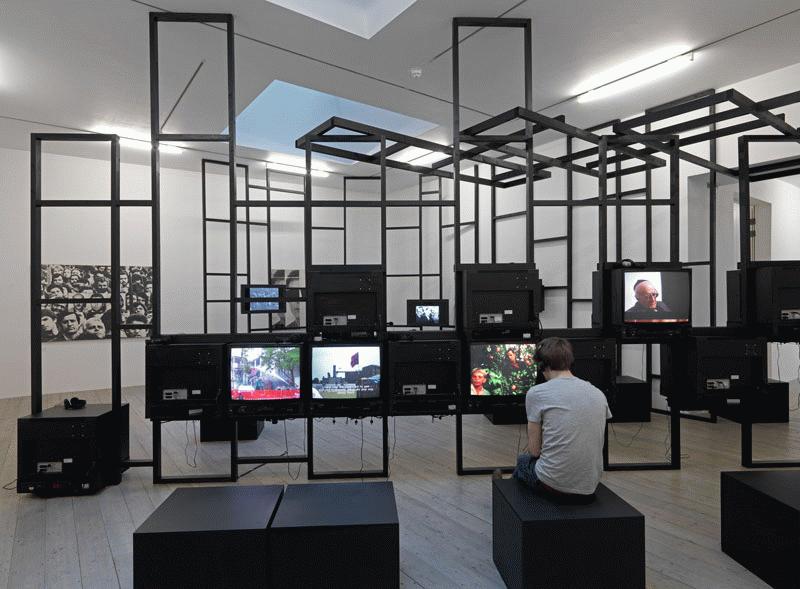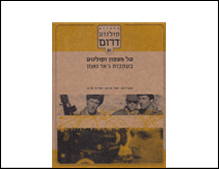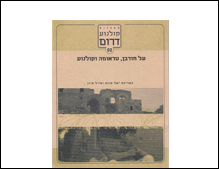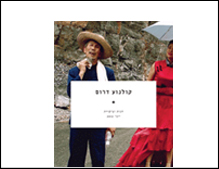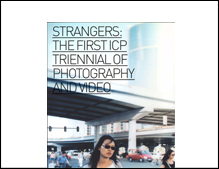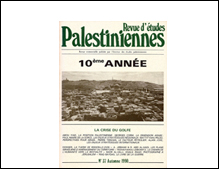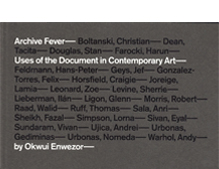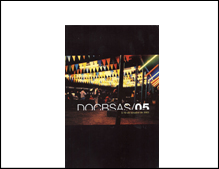-
Proposal for a visual media exhibition
with the participation of students of the Master of Film at the Dutch Film Academy, Amsterdam -
Get my films
Buy DVDs online at www.momento-films.com -
IZKOR
slaves of memory
Documentary film | 1990 | 97 min | color | 16mm | 4:3 | OV Hebrew ST -
Common Archive Palestine 1948
web based cross-reference archive and production platform
www.commonarchives.net/1948 - Project in progress - -
Montage Interdit [forbidden editing]
With professors Ella (Habiba) Shohat and Robert Stam / Berlin Documentary Forum 2 / Haus der Kulturen der Welt / June 2012 -
Route 181
fragments of a journay in Palestine-Israel
Documentary film co-directed with Michel Khleifi | 2003 | 272 min [4.5H] | color | video | 16:9 | OV Arabic, Hebrew ST
-
The Specialist
portrait of a modern criminal
Documentary film | 1999 | co-author Rony Brauman | 128 min | B/W | 4:3 | 35 mm | OV German, Hebrew ST -
Jaffa
the orange's clockwork
Documentary film | 2009 | 88 min | color & B/W | 16:9 | Digital video | OV Arabic, Hebrew, English, French ST
-
Montage Interdit
www.montageinterdit.net
Web-based documentary practice. A production tool, archive and distribution device | project in progress
-
Common State
potential conversation [1]
Documentary film | 2012 | 123 min | color | video | 16:9 split screen | OV Arabic, Hebrew ST -
Towards a common archive
testimonies by Zionist veterans of 1948 war in Palestine
Visual Media exhibition | Zochrot Gallery (Zochrot visual media lab) | Tel-Aviv | October 2012 - January 2013
-
I Love You All
Aus Liebe Zum Volk
Documentary film co-directed with Audrey Maurion | 2004 | 89 minutes | b/w & color | 35mm | OV German, French ST
Common Archive Palestine 1948
Testimonies of Jewish fighters at the time of the Al Nakba
Proposal for an online archive & production platform
Sixty-three years passed since 1948 Nakba. After a long period of denial, it is only in the last decades that the Palestinian victims’ testimonies have been taken into account both as document and memory. But the missing figures of oral history and audio-visual documentary have been by far the perpetrators themselves. Since the perpetrator is the primary witness of any war crime – by contrast with the victim who has witnessed his or her own subjection to such treatments –, no well-informed historiography of the Palestinian Exodus is possible without collecting oral testimonies from Zionist soldiers and officials who have taken part in it.
The following project aims to create an audio-visual online archive of Jewish executor’s testimonies of the 1948 crimes with cross references to testimonies of Palestinian refugees and other historical visual data (maps, photos, etc.)
This project can be seen as a “case study” on the possibility and the necessity of a common narrative for Palestinians who have been “displaced” and Israelis who still live with the privilege of having been the “winners”. It relates to a wider concern, which is to build an online common archive for social traumas, war crimes, and so on, involving both perpetrators and victims.
Since a pilot project has been completed with 30 hours of interviews – edited and translated into English –, we can already emphasize the fact that narratives from the Israeli Jewish side, although they involve ideological blindness and denial, are rather complementary than contradictory with Palestinian narratives. This first step toward an online common archive is intended both to debunk myths and illusions, showing the internal contradictions of the victors’ discourse, and to help creating a shared site for Palestinians and Israelis, Arabs and Jews.
PROJECT RELEVANCE : PERPETRATORS AS THE “MISSING LINK” IN THE CHAIN OF TRUTH AND JUSTICE
A large number of documentary films, books, oral testimonies, stories, lectures, publications and research projects have been and are still being produced with the aim of telling the story of the expulsion and destruction of Palestinian society in 1948. Most of the work that has already been done is based on the urgent need to collect Palestinians’ memories and, at the same time, to challenge the fact that history is told and written by the victors. Official history and public memory concerning Palestine have been imposed by the Zionist discourse and the Israeli governments. Even though what is known as the new Israeli historians have done much to show that the perpetrator's history corroborates the Palestinian narrative, there is still much to acknowledge.
In fact, the crucial “blind spot” of political and historiographic disputes relates to the absence, up to date, of any systematic archive of personal oral testimonies from Jewish Israeli 1948 war veterans. That kind of archive would record the extent to which Israeli soldiers and officials proactively took part in military and civil operations designed to facilitate the Palestinian Exodus, and, moreover, guarantee its irreversibility.
Documenting the point of view of the perpetrator would not only give further credence to the Palestinian narrative. According to Primo Levi's distinction between the witness and the survivor, the primary witness of any war crime is the perpetrator himself or herself. Perpetrator's testimonies reveal the actions they committed, and the reasons they provided – or still provide – as a vindication of their criminal behaviour. Telling what they saw, perpetrators cannot avoid exposing their ideological blindness at the time they committed war crimes, and as long as they try to conceal or vindicate them. Jew Israeli veteran soldiers thus call into question, from an internal perspective, the myths of the Zionist narrative : the trivialization of “transfer”, the idea of Palestinians leaving by themselves, alleged “heroic” actions and battles against so-called “Arab armed gangs”.
The historiographic importance of documenting this obscure link can be equated with its urgency. The Jewish veterans group is now within the age range of 75-85 and in rapidly deteriorating health conditions. It is a matter of only a few years before the precious memory resource they hold becomes virtually extinct.
That is why we should not wait until Truth and Justice Committees are operational before collecting these testimonies. It is also the reason why Testimonies of Jewish Fighters at the Time of Al Nakba can be the first step toward a wider project, of an online Common Archive. For each war crime, social trauma, there would be a platform with access to audio-visual testimonies of both perpetrators and victims. It would provide an historiographic and political paradigm that would challenge the binary oppositions of the traditional archive such as victims/perpetrators, dominating/domineer, colonizer/colonized, in order to propose ways of creating common narratives.
PROJECT DESCRIPTION AND OUTCOMES
Project description
The project entails collecting 100 filmed oral testimonies of Jewish Israeli soldiers and commanders who have taken part in the expulsion of the Palestinian people and the destruction of their villages, from the preparation of the “village files” in the 1930’s through the period of 1947-1948. We will also focus on the expulsion of 195 and the destruction of the Palestinian villages that continued until the 1960.
Interviewees are men and women. They would be asked about their personal background : where they were born, where they grew up, when they emigrated and whether they came from a Zionist background. They would also be asked about their education and ideological upbringing. Questions refer to their preparations for the military and others to what their sources of information were, what they were told by their leaders. They would be asked about the landscape and geography of the land, about life in Palestine before the decision of separation, and their encounters and relationships with Arabs before 1948. Finally, they would be asked for eye witness accounts of war crimes – what they actually saw/did, whether they witnessed massacres, looting and so on. They would be asked about their specific involvement in the Nakba, the impacts of their acts and the types and level of orders in place for expulsion and destruction.
Outcomes
The archive will be an online platform, including edited testimonies of Jewish fighters with Arabic and English subtitles, transcriptions in 3 language, synopses of transcriptions, and links to testimonies of refugees relating to the same events and same sites mentioned in the Jewish testimonies, translated into English and Hebrew. The audio-visual testimonies and their transcriptions would be available worldwide.
Papers and films can be made out of the whole project to show both the diversity and the implications of these documents.
GOALS AND IMPLEMENTATIONS
Goals and implementations
The project intends both to legitimize Palestinian testimonies and to find a place for the Nakba in the Jews’ collective memory in Israel. It could be used for educational purposes, political debates and historical researches. The availability of the media and the multiplicity of formats – text, sound, moving images – make sure that the uses of this document are really flexible. The videos can provide a basis for public projections and discussions about the Nakba. The transcriptions would also be priceless documents for future researches. It can also provide documents for happenings dedicated to the memory of the 1948 Nakba. The multiple applicability of this project would benefit to peace activists from both sides.
WORK PHASES
Work phases
-
Research and interviews, which will include finding the witnesses, documenting war operations and collecting back-up Palestinian testimonies. In this first step, the aim is to convince and to record a minimum of one hundred persons.
-
Archiving and translations, we believe that after the first stage of the research, we will have about 500 hours of recorded and filmed interviews. Most of them will be in Hebrew. The second step will include the digitalisation of the audiovisual material, its transcription and translation both to English and Arabic. In this second step, a computerised catalogue will be created, it will allow to find the testimonies by a series of key-words like areas, periods, villages names, etc.
-
Film and paper publication, we believe that an important outcome of the research project is the editing of a documentary film of around an hour to an hour and half, giving a full overview of the diversity of the interviews, as well as a paper publication of the interviews preceded by a full theoretical presentation of the question of perpetrators representation.
THIS PROJECT WAS DEVELOPED OVER THE LAST YEARS TOGETHER WITH Mis. RONIT CHACHAM AND Mr. DAN DOLBERGER. WITHOUT THEIR INPUTS THIS PROJECT WOULD NOTC EXIST. THE CURRENT PHASE OF THE PROJECT 'A COMMON ARCHIVE FOR 1948 PALESTINE' IS LED BY EYAL SIVAN IN COLLABORATION WITH ILAN PAPPE.'A COMMON ARCHIVE FOR 1948 PALESTINE' IS SUPPORTED BY AHRC

